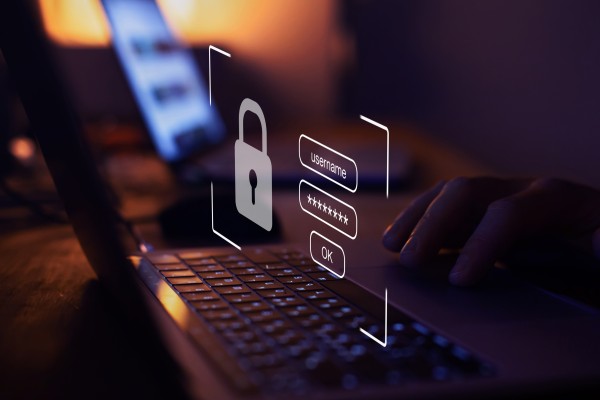
The concept of cybersecurity is very important to firms all around the globe, including CPA in Port Jefferson Station, Long Island. These firms manage confidential client information, like financial statements, taxes, and bank account numbers. Cybercriminals always target this data since it has value to them. If they get this data, much damage could be done to the firm and its rightful clients.
Main Concept Of Cybersecurity
Cybersecurity defines the steps taken with an aim to safeguard computers as well as their networks against attacks. Such attacks mainly include phishing scams where the hackers try to deceive people into providing their private information. It is therefore crucial for CPA firms to have strong cybersecurity, especially for the purpose of protecting this information.
Who Is at Risk when it comes to Cybersecurity?
Cyberattacks are possible for all kinds of businesses, however, CPA firms are at a greater risk. This is because they handle large amounts of finances hence they are prone to handling sensitive information. Hackers are likely to attack such firms because they may not have adequate security systems in place. Although there is insurance in larger firms it does not mean they are safe for the firms as they are also in equal danger.
Why Do CPA Firms Need Cybersecurity?
There are various reasons CPA firms require cybersecurity:
- They require their clients’ sensitive information regarding finance to be safe. In case of theft, this data can cause problems in the law, and the client list will be lost.
- Cybersecurity assists in mitigating or avoiding losses to money. As cybercriminals do their best to steal money, they attack like ransomware.
- Cybersecurity prevents the firm from losing cases where someone misuses data.
Key Cybersecurity Practices for CPA Firms
There are practices that CPA firms should employ in cybersecurity. Of the measures discussed here, data encryption ensures that even if the data is stolen, the criminals will not be able to understand it. Another is firewalls and antivirus programs to filter out undesirable access and identify and prevent threats. Another factor that cannot be neglected is the timely update of software to the concerned version to rectify security breaches, if any.

The Role of Employee Training
Employee training is also key in cybersecurity. CPA firms should teach their staff how to spot and avoid phishing scams. Employees should know not to click on suspicious links or share passwords. Regular training can help everyone stay alert and protect the firm’s data. When employees know what’s coming for them, they can help keep the firm’s information safe.
Monitoring and Regular Audits
Regular monitoring of systems is another important step. CPA firms should keep an eye on their networks for any unusual activity. This helps in catching threats early before they cause harm. Additionally, regular cybersecurity audits can identify weak spots in the system. By fixing these weaknesses, firms can strengthen their defenses and keep client data secure.
Another important step is to have a response plan. If a cyberattack happens, the firm should know what to do immediately. This plan includes notifying clients, fixing the issue, and learning from the incident. Having a plan reduces damage and speeds up recovery.
Conclusion
As per the details shared in the blog, it is evident that CPA firms should have a proper cybersecurity plan. This comprises using two-factor authentication, especially when working on sensitive data. Companies also should have an official policy to protect data holdings that describes how the firms safeguard information. Better preparedness can help in the overall success of the organization.




